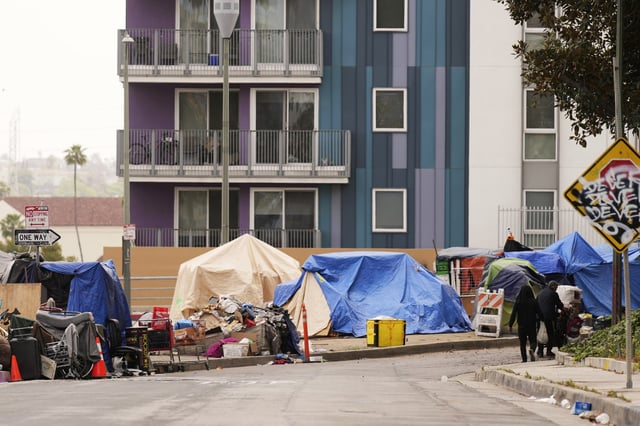Overview
- The executive order, effective July 24, requires involuntary commitment of homeless individuals diagnosed with mental illness or substance use disorders.
- Decision-making power over civil commitments shifts from local medical professionals to Attorney General Pam Bondi under the new directive.
- Federal agencies gain authority to demand sensitive health data from nonprofits and may share information with law enforcement, including ICE.
- Critics warn the order contains no plan to expand psychiatric bed capacity or fund additional staff, risking the detention of more than 250,000 people.
- Veteran and nonprofit advocates caution that mandatory institutionalization could retraumatize vulnerable populations and erode voluntary community-based care.


